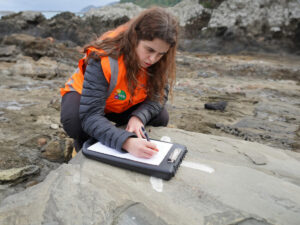Client/Donor: Asian Development Bank
Date: 2017 and 2023
In 2017, Tonkin + Taylor International was engaged to conduct a disaster risk assessment in support of the recommendation of the Integrated Urban Resilience Sector Project. The report assisted strategic direction to convince donors to identify priority actions for disaster risk reduction in urban development.
The risk assessment considered natural hazards (climate-related and geophysical) in the area, and potential exposure implications for the proposed infrastructure and activities to be implemented by the project. It also assessed disaster risk management initiatives, regulations and institutional arrangements as well as gaps in risk awareness and community-based disaster risk management practices.
From this assessment, recommendations were developed on disaster risk reduction measures/activities to be implemented and areas of focus were identified to further enhance disaster resilience at community level via a community-based disaster risk management programme, awareness raising campaigns, etc. based on stakeholder consultation.
T+TI was part of a multi-disciplinary team engaged in 2023 to undertake further analysis, beginning with understanding of the current climate hazards, as well as in the context of a changed climate, affecting the capital Nukualofa and its residents, together with existing legal and policy framework. The latter was further analysed to identify any gaps in land policy and planning framework and legal documents with relation to climate change resiliency and mapping of past disasters.
This supported the identification of climate change vulnerable areas and impact, preparation of the long-term climate disaster resilient urban development strategy and investment plan. From that understanding, adaptive measures in relation to land use and land management, urban infrastructure, and urban utilities were planned and implemented.
Through working collaboratively with stakeholders, consensus on approach was reached and actions agreed. This formed the basis of the process roadmap for approval of the CDRUDSIP.

















